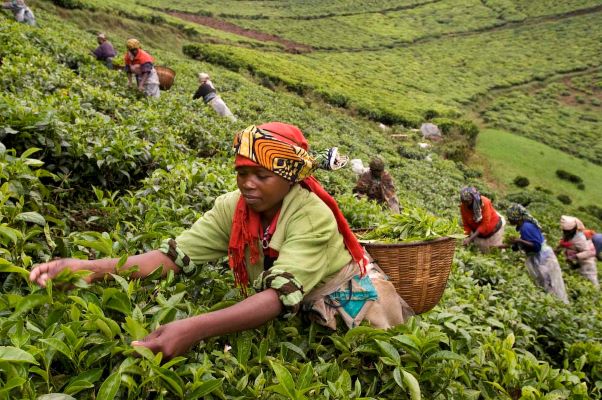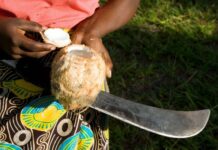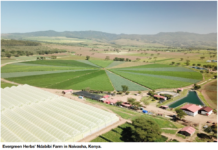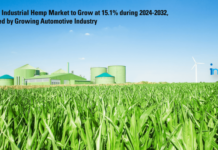The season B harvest in Rwanda in July has enhanced food availability.
However, according to Famine Early Warning System Network (FEWS Net) in the Eastern Province, some shortfalls in bean production are expected due to poor rainfall distribution.
In addition, Northern Province will likely see shortfalls in Irish potato production, due to the high cost of farm inputs including fertiliser, pesticides, and improved seeds that have led farmers to reduce planted acreage.
“Typically, Northern Province produces 70% of the country’s Irish potato supply and households rely on sales of potatoes for income. Lowland marshland areas in Southern Province may also see atypical harvest shortfalls for the minor Season C harvest in September due to heavy rainfall,” FEWS NET noted.
“The number of people that are Stressed (IPC Phase 2) is likely to peak in rural areas during the October to November lean season, when household reliance on purchasing food from the market is highest.
“High food prices persist, with prices for food and non-alcoholic beverages rising by 27% above June of last year, according to the June 2022 Consumer Price Index (CPI) report.”
It added that most poor households will rely on income earned from small ruminant and poultry production and both agricultural and casual labor to purchase food. Government support and improving cross-border trade flows with Uganda will also help cushion household food access.
Kigali City, Rwanda’s Capital, is also likely to sustain Minimal (IPC Phase 1) outcomes, reinforced by relative improvements in economic activity and income-earning opportunities in 2022 compared to 2020 and 2021.
However, high food prices will continue to constrain household purchasing power, especially among the urban poor, resulting in an atypical number of Stressed (IPC Phase 2) households.
The latest CPI report indicates the prices of food and non-alcoholic beverages in urban areas rose by 25 percent in June compared to the same period of 2021.
FEWS NET added: “Stressed! (IPC Phase 2) outcomes will likely be sustained among the estimated 127 340 refugees and asylum seekers in Rwanda, a phase that would likely be worse in the absence of ongoing humanitarian food assistance.
“As confirmed by WFP’s June 2022 brief, around 93% of the refugee population received a cash-based transfer intended to cover 46-92% of their monthly kilocalorie needs.
“However, the purchasing power of the ration is declining, with WFP’s June 2022 price monitoring data showing the cost of the food basket increased by 12 and 54%, respectively, compared to May 2022 and June 2021.









